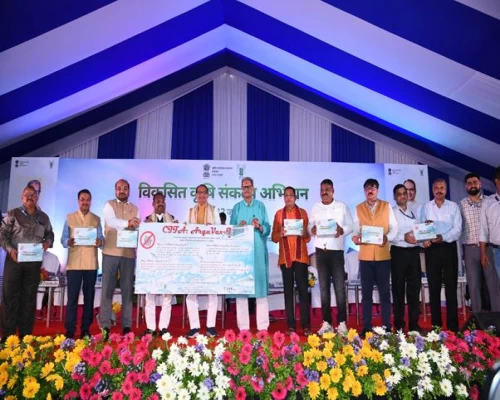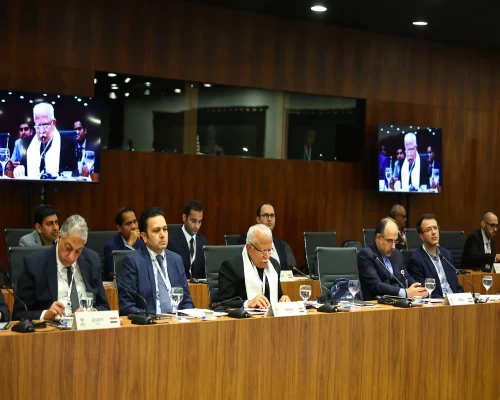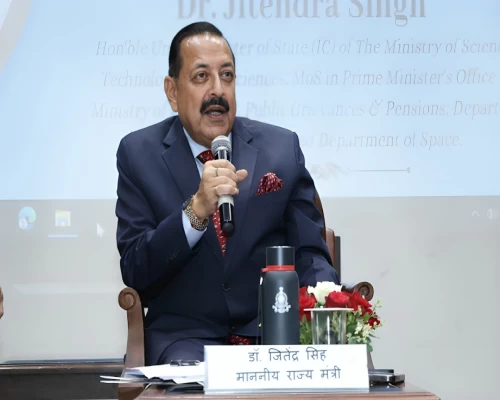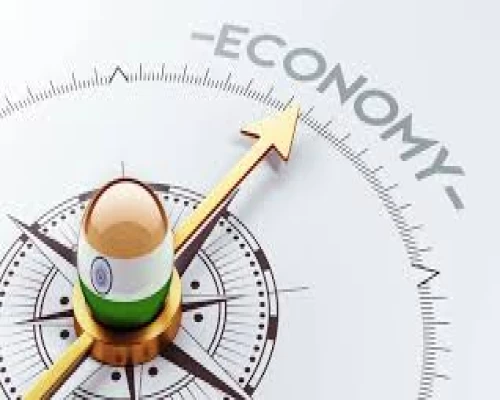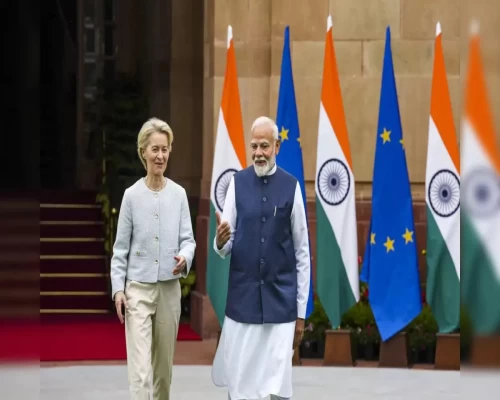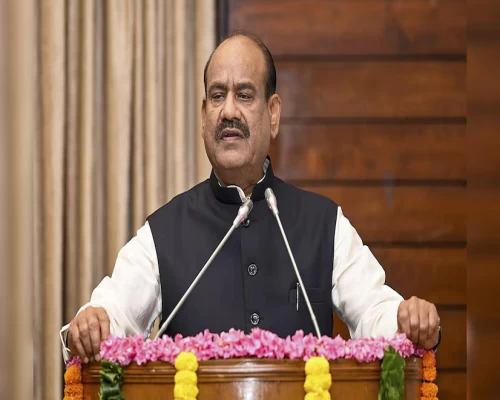
New Delhi: In its latest monthly economic review, the Finance Ministry of India projects robust economic growth close to 7% in the fiscal year 2025, exceeding the central bank's 7% projection for FY24. Finance Minister Nirmala Sitharaman is optimistic about India's economic trajectory, emphasizing the potential for stable and robust domestic demand, expanding private consumption, and ongoing structural reforms to drive the country's growth.
While geopolitical risks pose concerns for supply chain disruptions and inflation in FY25, the Finance Ministry remains confident in India's upward trajectory. The International Monetary Fund and the World Bank predict FY25 GDP growth in the range of 6.3-6.4%. The monthly economic review outlines a vision for India to become a $7 trillion economy by 2030, with expectations to reach a $5 trillion economy in the next three years, making it the third-largest in the world. The government's higher goal is to attain "developed country" status by 2047.
The review underscores the potential for the Indian economy to grow above 7% in the coming years, citing the strength of the financial sector and recent and future structural reforms. It identifies skilling, learning outcomes, health, energy security, reducing compliance burdens for small businesses, and gender balancing in the labor force as priority areas for future reforms.
Economist Pronab Sen and other experts agree that a growth target of over 7% in FY25 is achievable, contingent on maintaining stable exchange rates and improving rural consumption. The Finance Ministry highlights that reforms will be more effective with the full participation of state governments.
Recent events in the Red Sea region have brought back concerns over global supply chain reliance, but the report asserts that India, due to policies implemented in the last decade, is better positioned than ever to navigate such challenges.
Despite challenges such as tightening interest rates in the West and escalating conflicts in Ukraine and Israel impacting global trade, the Finance Ministry is confident in India's ability to weather these disturbances. The report mentions that India, having faced and overcome challenges like COVID-19 and energy price shocks in 2022, is well-prepared for emerging global uncertainties.
The growth estimates for FY25 come ahead of the presentation of the final budget by the Narendra Modi-led central government before the general election later this year. S&P Global predicts India to remain the fastest-growing major global economy and potentially become the world's third-largest economy by 2030, surpassing Japan and Germany.
The Finance Ministry points to the strength in India's financial sector and recent structural reforms as factors that will contribute to the country's push for growth above 7% in the coming years. These reforms have also instilled economic resilience, crucial for dealing with unforeseen global shocks, according to the report.
Citing data from the National Statistical Organisation's Periodic Labour Force Survey, the Finance Ministry notes a substantial decline in the unemployment rate from 6% in FY18 to 3.2% in FY23. The labor force participation rate has also seen a rise from 49.8% in 2017-18 to 57.9% in 2022-23, driven by increased rural female labor force participation.
The report acknowledges concerns about inflation but anticipates a gradual slowdown in headline retail inflation. Notably, retail inflation rose to 5.69% in December, the steepest monthly increase since August.
As India gears up for its final budget presentation, the Finance Ministry's comprehensive economic review paints a picture of confidence and determination, emphasizing the nation's resilience and potential for sustained growth in the face of global challenges.
/BI





